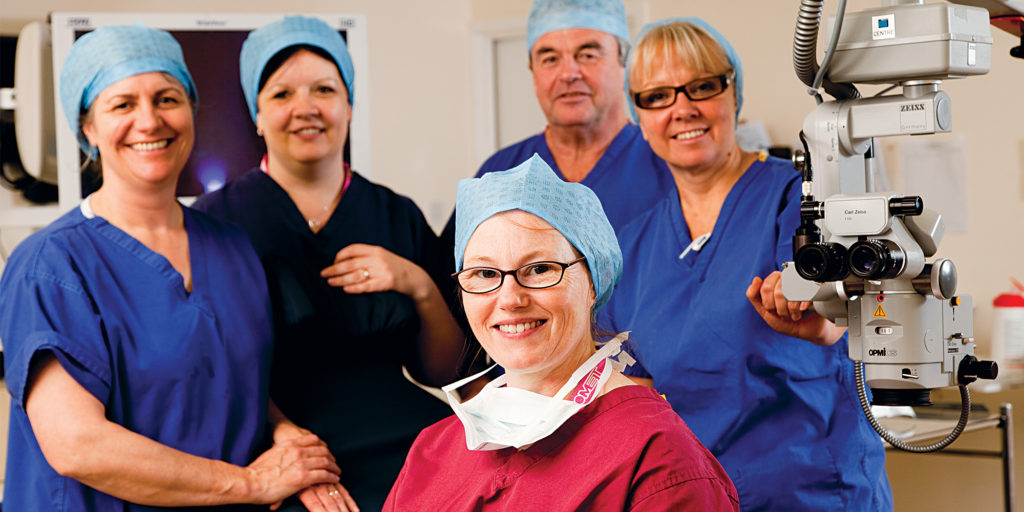

Menopause: don’t suffer in silence
Despite the fact that 51% of the population will go through it at some point in their lives, any mention of menopause can often be met with embarrassment and silence.
Menopause can be a miserable time, but this needn’t be the case, says private GP and women’s health specialist at Duchy Hospital, Sarah Gray.
“Part of the confusion may be because symptoms can creep up very slowly, when you are still having periods. For some, the transition period lasts just a few years, but for others it can last a decade. Every woman’s experience is different and there is no definitive test to predict precisely where you’re at, or how long you’re going to be there.”
“A woman deserves accurate and up to date information in order to decide whether it’s appropriate for her.”
Technically, Dr Gray explains: “Menopause is the time of the very last period. In the months or years leading up to this point, women’s hormones often swing between extremes, which can lead to a variety of fluctuating symptoms. When bleeding stops it means that the female hormones are lower. What makes each woman’s experience different is how her body responds.”
Symptoms of menopause can include sleep disturbance, mood changes, difficulty concentrating and making decisions, vaginal dryness and sexual difficulty, bladder symptoms, joint pains and changes in the skin. Of course, the symptom usually associated with it is hot flushes. “Around three out of four women experience these, so they don’t affect everyone. If flushing is not a big issue, women may not even realise what is happening.
“All women will experience changes in their skin, bladder, bones and blood vessels. If menopause is early, then the changes start early. In relation to bones, this leads to an increased risk of fracture during elderly years, so younger women are encouraged to consider hormone replacement at least until the average age of menopause, to reduce risk of osteoporosis, heart disease and dementia, even if symptoms aren’t greatly troublesome.”
Dr Sarah Gray has worked in the field for more than 30 years. During a consultation, she can explain why this happens and how you can make it easier to live with, as well as what you can buy from the pharmacy and how well it works, and what your GP can prescribe. Most importantly, she can explain some of the myths and misunderstandings surrounding Hormone Replacement Treatment.
“Hormone replacement is a term that covers a multitude of options. A woman deserves accurate and up to date information in order to decide whether it’s appropriate for her. Many women can manage without HRT, particularly if they understand what is happening to their bodies.
“If a woman wants to try HRT, details of her health profile, previous exposure to hormones and preferences should be considered. Ultimately, her decision to use or continue to use treatment should be informed and agreed upon, benefitting quality of life without adding unnecessary risk, and it should be reviewed annually.”
"A woman deserves accurate and up to date information in order to decide whether it’s appropriate for her."











